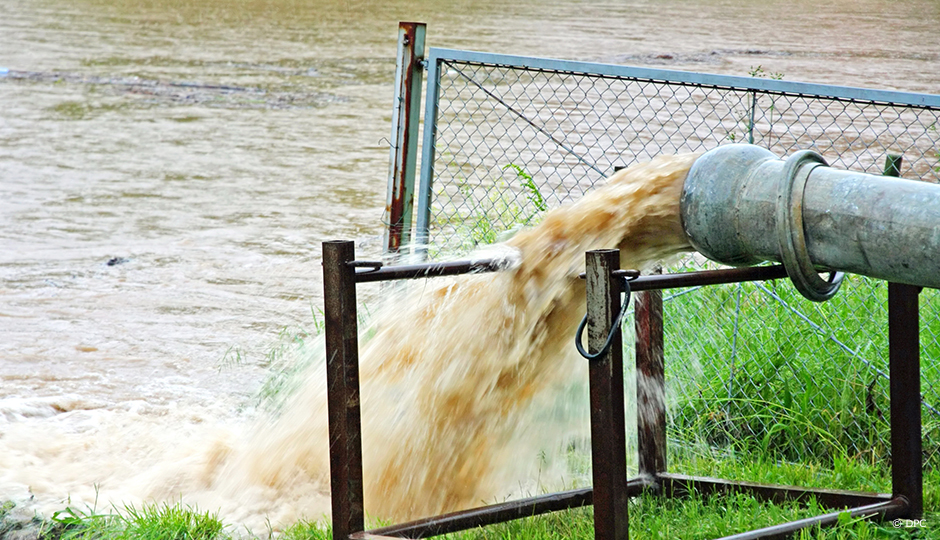Not all pollutants are waste products. Some can be recycled as… depollutants!
Catherine Mulligan, a professor at Concordia University and Director of the Concordia Institute for Water, Energy and Sustainable Systems, is currently developing a method for the treatment of wastewater that uses industry-produced CO2.
Catherine Mulligan thought of capturing the CO2 and injecting it into the wastewater.
Industries generally treat their wastewater through a process called "aerobic digestion" whereby oxygen is added to bacteria which then decompose the pollutants. This "cleaning" method is widely used and has been tried and tested. However, it produces a large volume of biological sludge which must then be decontaminated, a highly energy-intensive process.
As the same industries produce CO2 – a greenhouse gas –, Catherine Mulligan thought of capturing the CO2 and injecting it into the wastewater. In an anaerobic process, i.e. in the absence of oxygen, bacteria will consume the CO2 and decontaminate the industrial effluent. In addition to reducing the level of harmful CO2 in the atmosphere, the process creates a value-added product: methane, which could be used to power generators!
Together with her research partner, FPInnovations, Mulligan took wastewater samples from pulp and paper plants in Trois-Rivières and Matane to test her "cleaning" method in the laboratory. The results are promising: the method successfully breaks down the pollutants in the water while generating less biological sludge, removing the CO2 dissolved in the water and producing useable biogas.
Mulligan hopes to soon begin testing her concept on a large scale, with the goal of creating a "highly sustainable" method for the treatment of wastewater and air.




